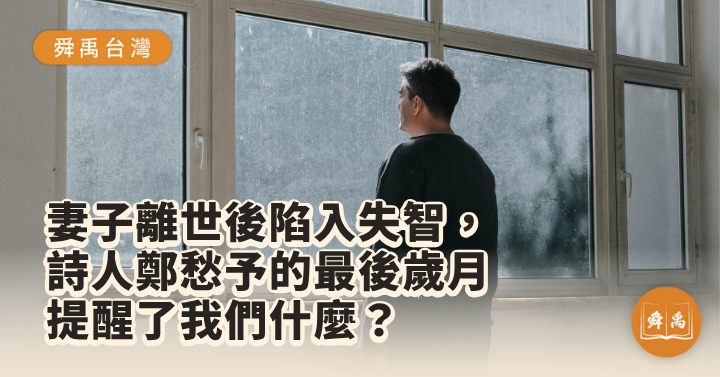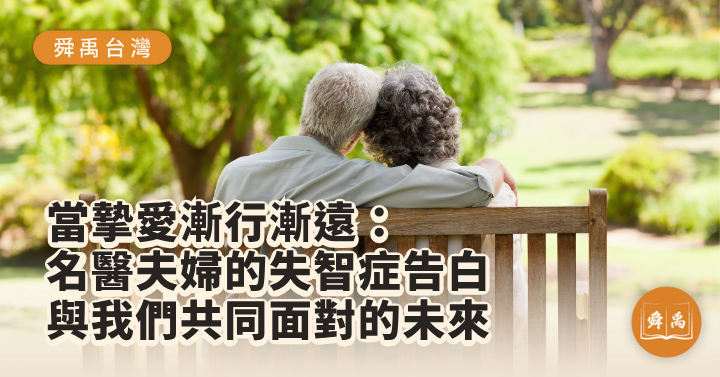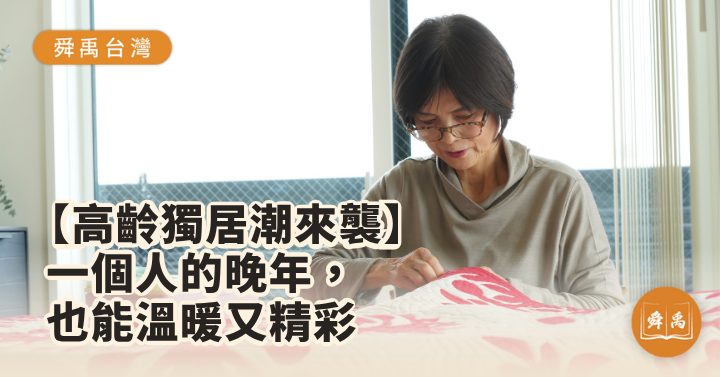高齡婦人失蹤35小時獲救
近日,嘉義市發生了一則令人關注的新聞:一名90歲高齡蔡姓婦人,因失智傾向獨自外出後失蹤,家屬報警尋求協助,警方經過35小時的努力,終於在八掌溪附近找到昏迷的蔡婦,並及時送醫搶救,所幸挽回性命。這起事件不僅牽動人心,也再度凸顯了高齡化社會中失智症長者的安全問題。
台灣高齡化社會現況與挑戰
台灣街頭處處可見65歲以上的長者,他們已經不是少數,而是構成社會的重要群體。根據最新戶政資料,每五個人中就有一位是65歲以上的長者,這代表我們不只是高齡社會,而已進入『超高齡社會』階段。其中許多長者有不同程度的認知退化或失智症狀,特別是獨居或白天獨處的高齡者,風險更高。當他們走失或陷入危險時,常常無法正確表達、記得回家的路,為家庭與社會帶來沉重壓力。
失智對個人、家庭與社會的影響
- 個人層面:失智者可能記憶混亂、失去方向感,易走失或遭遇危險。
- 家庭層面:家屬需投入大量心力與時間照顧,長期下來身心俱疲。
- 社會層面:失智人口快速增加,對醫療、照護、警政資源形成壓力。
現有社會福利措施與資源
台灣針對失智長者已推出以下重要措施:
- 長照2.0計畫:提供居家照顧、喘息服務、交通接送等協助。
- 愛心手鍊計畫:讓失智者配戴含聯絡方式的手鍊,協助他人辨識。
- 警政協尋平台:即時通報與尋人系統,結合社區與科技資源。
失智共同照護中心:為長者打造安心生活
失智共同照護中心為失智長者及其家庭提供全方位的支持,是「長照服務與醫療系統的橋樑」。其核心功能包含:
1. 早期篩檢與初步診斷:中心配合醫療資源進行初步記憶測驗與認知功能評估,幫助長者及早發現失智徵兆,減少誤判與拖延。
2. 個案管理與照護計畫:由專業社工或護理師進行「個案管理服務」,協助規劃個人化照顧方案,包括送餐、日照中心轉介、家庭支持等。
3. 資源整合與轉介服務:提供民眾長照資源申請諮詢,例如長照服務、經濟補助、輔具租借等,確保家屬能及時獲得協助。
4. 家屬支持與照護訓練:開設課程與團體,教導家屬應對技巧,提升照顧能力,降低照顧者壓力,並透過互助團體建立情緒支援。
全台各縣市皆設有失智共同照護中心,民眾可向當地衛生局或醫療院所查詢,或撥打1966長照專線獲得協助。
一個安全又有溫度的老後社會
嘉義婦人失蹤事件提醒我們:每一位長者都值得被好好守護。社會、政策與家庭的共同配合,是建構失智友善社區的關鍵。
如果您家中也有高齡者需要協助,歡迎透過舜禹學堂的線上諮詢平台聯繫我們的專業社工團隊。讓我們一起打造一個更安全、更有尊嚴的老後生活。






